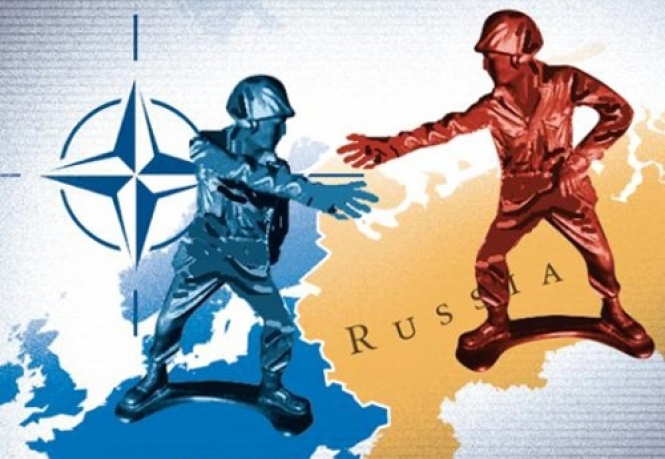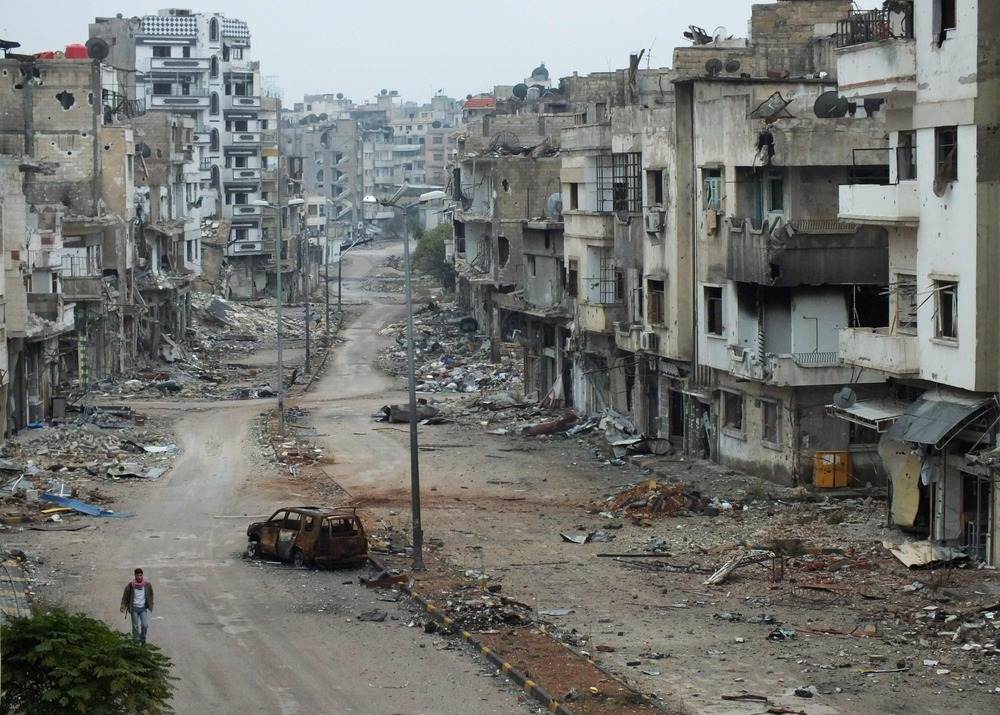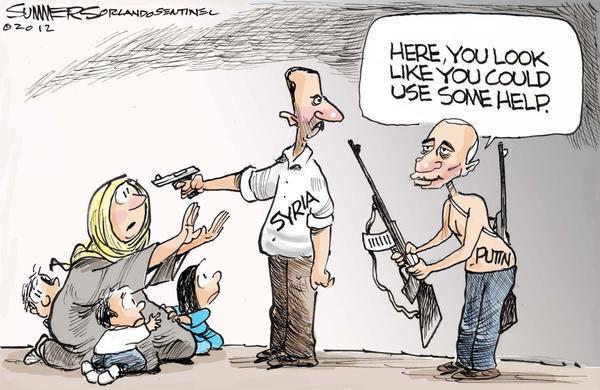NATO's most functional dimension has been its "soft-power," which may seem bizarre as ostensibly it is a military organization. However, NATO contributed to the efforts to ensure world peace thanks to its preventive role, fulfilling the old Roman prophecy si vis pacem, para bellum.
In this regard, NATO's diplomacy as an independent entity, as well as the diplomatic skills of individual members, is no less important than the second strike capability or technological advantages on the battlefield.
An organization’s common diplomacy and communication require a narrative which is shared by all participants, setting the main frame for strategies and tactical improvisations. However, NATO’s current narrative lacks a central axis, leading to conflicting diplomatic strategies of its members, which resemble a clash of narratives, when one side calls black what other calls white. This concept is sometimes defined as a “war of ideas” but is better called a “war of narratives.”
Basically, a narrative unites all tactical components of a strategy, enabling them to be efficient within a strategic umbrella.
Similar clashes of meanings have had various manifestations throughout history. However, all of them have one thing in common: narratives wear out.
For example, when the Byzantine and Persian narratives wore out in the 7th century, a new narrative led by Mohammad stirred the once-decentralized Middle Eastern tribes and united them, turning them into one of the most dynamic forces which quickly conquered regions one by one. In his book “Histoire des Turcs,” historian and Turcologist Jean Paul Roux explains the conversion of Turks to Islam by a refreshment of the narrative which eventually led to the destruction and replacement of Byzantine empire by these energetic warriors driven by the dream of the promised heavens.
Bogged down in internal affairs, the West forgot the "international war of narratives" component, allowing Russians to thrive in the vacuum. Russian irredentism tries to change the main narrative in order to undermine the western reaction against Russian atrocities. Pluralism, liberty, peaceful coexistence, and other western values and heritage are manipulated by impressive orators, who utilize them to disintegrate the EU and USA and undermine the strength of NATO.
Hatred against the USA and its allies, Israel, or propagation of conspiracy theories in many countries have become obligatory in many EU countries to be acknowledged as an intellectual. This definitely influences the public opinion. With the success of far-right parties in the EU, many of which have strong links to the Kremlin, and rise of Trump in USA, this influence is soon to realize itself as a change in the policies and decision-making process.
Russia is emerging as the new leader of an also newly-emerging nationalist bloc. The West, while being covertly nationalistic, has always despised nationalism in the open, and the reaction in the developing countries is the rise of a new wave of nationalism, rallied by the Russian leader Putin.
Even in Türkiye, Erdoğan who once openly denounced nationalism, is now utilizing it to ensure the continuation of his reign. And since these nationalistic reactions in developing countries have rightful grounds, the West cannot suppress it. As Russia is creating its own framework of narrative on this nationalist wave, the West should embrace and create a favorable version of nationalism and endorse it.
However, in Türkiye’s case, there is a worrying possibility that NATO sees Islamism a better option than nationalism. The USA’s refusal to extradite the influential cleric Fethullah Gülen on Türkiye’s request feeds speculations that Türkiye’s recent coup, led by the Gülen movement, was backed by America. As President Erdoğan continues to purge thousands of officials in the aftermath of the coup, resulting in the debacle of Türkiye, Turks ostensibly become more and more pro-Russian with anti-NATO sentiment high on the rise.
Unlike NATO, Russia has invested effort into renewing its narrative after the fall of the Soviet Union, which did not, however, significantly change its international strategic goals. During the Soviet era, Russia utilized the anger of class differences as the driving force of its narrative. Now Putin, using propaganda tactics would make Goebbels jealous, is convincing his people that the West is responsible for all the debauchery in the world, and also exporting this sentiment to Russia’s neighbors along with oil and gas, reinforcing the local nationalist tendencies with his narrative.
Facing the uprising of a new and fresh narrative, NATO, like the Byzantines or Romans of the past, was slow and inefficient in reacting and adjusting itself. Thus, it is losing the war of narratives. Currently, there is no common background or framework within NATO - all countries seem to seek their fate by themselves.
In order to prevent democracy becoming a disadvantage when facing the firm and iron will of an irredentist strongman once again, NATO must create a new, nationalism-embracing narrative based on the foundations of previous ones, to ensure that the policy and strategy remain the same no matter how frequently governments change. The public in the West lacks the enthusiasm and will to react to Russian aggression, making Putin bolder, feeding his hunger, which grows fiercer the more he is fed.





